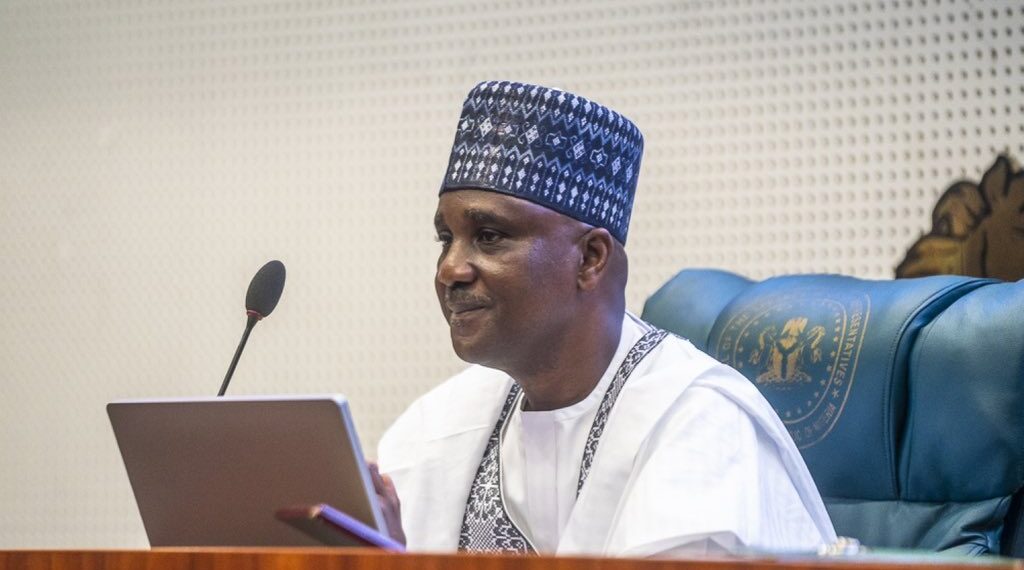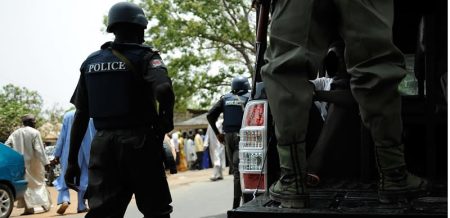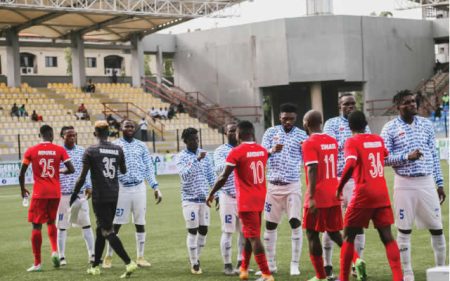Paragraph 1: Tragedy Strikes Katsina Mosque: A Grim Dawn for Worshippers
The serene morning air of Unguwan Mantau community in Malumfashi Local Government Area of Katsina State was shattered by a horrific act of violence as gunmen stormed a local mosque during Fajr prayers, leaving a trail of death and devastation. Initial reports indicated a staggering death toll of 32 worshippers, though official police confirmation placed the number at 17. The attack, which occurred in the pre-dawn hours of Tuesday, sent shockwaves through the community and beyond, raising serious questions about the security situation in the region. The sanctity of the mosque, a place of worship and spiritual solace, was tragically violated, turning a moment of prayer into a scene of unspeakable carnage.
Paragraph 2: Outpouring of Grief and Condemnation: National Leaders Respond to the Atrocity
The heinous attack on the Katsina mosque drew swift condemnation from across the nation, with political leaders and prominent figures expressing their outrage and sorrow. Speaker of the House of Representatives, Tajudeen Abbas, described the act as “barbaric” and “daring,” emphasizing the vulnerability of worshippers in a sacred space. He extended his condolences to the bereaved families, the Unguwan Mantau community, and the government of Katsina State, while appealing for swift action from security agencies to apprehend the perpetrators and bring them to justice. The attack served as a stark reminder of the ongoing security challenges facing Nigeria, particularly in the northern regions, where communities have been grappling with the threat of violence for years.
Paragraph 3: The Urgency of Justice: Seeking Accountability and Deterrence
Speaker Abbas’ call for the immediate arrest and prosecution of the attackers underscores the critical need for justice and accountability in the wake of this tragedy. Bringing the perpetrators to justice is not only essential for providing closure to the grieving families but also for sending a clear message that such acts of violence will not be tolerated. The successful prosecution of those responsible could serve as a deterrent, preventing further attacks and contributing to a more secure environment for worshippers and communities at large. However, the challenge lies in the often complex and difficult task of identifying and apprehending individuals involved in such attacks, particularly in areas where instability and insecurity prevail.
Paragraph 4: Examining the Context: Understanding the Roots of Violence in Northern Nigeria
The attack on the Katsina mosque is not an isolated incident but rather reflects the broader security challenges that have plagued northern Nigeria for years. The region has been grappling with a complex interplay of factors, including banditry, farmer-herder clashes, religious extremism, and socio-economic grievances, all of which contribute to a climate of violence and instability. Understanding the root causes of these conflicts is crucial for developing effective strategies to address the underlying issues and prevent future tragedies. This requires a comprehensive approach that involves not only strengthening security measures but also addressing the underlying socio-economic and political factors that fuel conflict.
Paragraph 5: The Role of Security Agencies: Protecting Communities and Maintaining Order
The effectiveness of security agencies in responding to and preventing such attacks is paramount in restoring peace and stability. Enhancing intelligence gathering, strengthening community policing initiatives, and improving the capacity of security forces to respond swiftly and effectively are essential steps. However, security measures alone are not sufficient. Building trust between communities and security agencies is equally crucial. This requires a commitment to human rights, accountability, and transparency in security operations. Fostering dialogue and cooperation between security agencies and local communities can further enhance intelligence gathering and improve the effectiveness of security efforts.
Paragraph 6: Beyond Security: The Need for Holistic Solutions for Lasting Peace
While the immediate focus is rightly on apprehending the perpetrators and providing support to the victims, it is crucial to recognize that long-term solutions require a more comprehensive approach. Addressing the underlying causes of violence, such as poverty, unemployment, and lack of access to education and healthcare, is essential for building sustainable peace. Investing in community development initiatives, promoting interfaith dialogue, and strengthening local governance structures can contribute to creating a more peaceful and inclusive society. The challenge lies in the effective implementation of these measures, requiring collaboration between government, civil society organizations, and local communities. Only through sustained commitment and comprehensive action can Nigeria hope to overcome these challenges and build a more secure and prosperous future for all its citizens.














